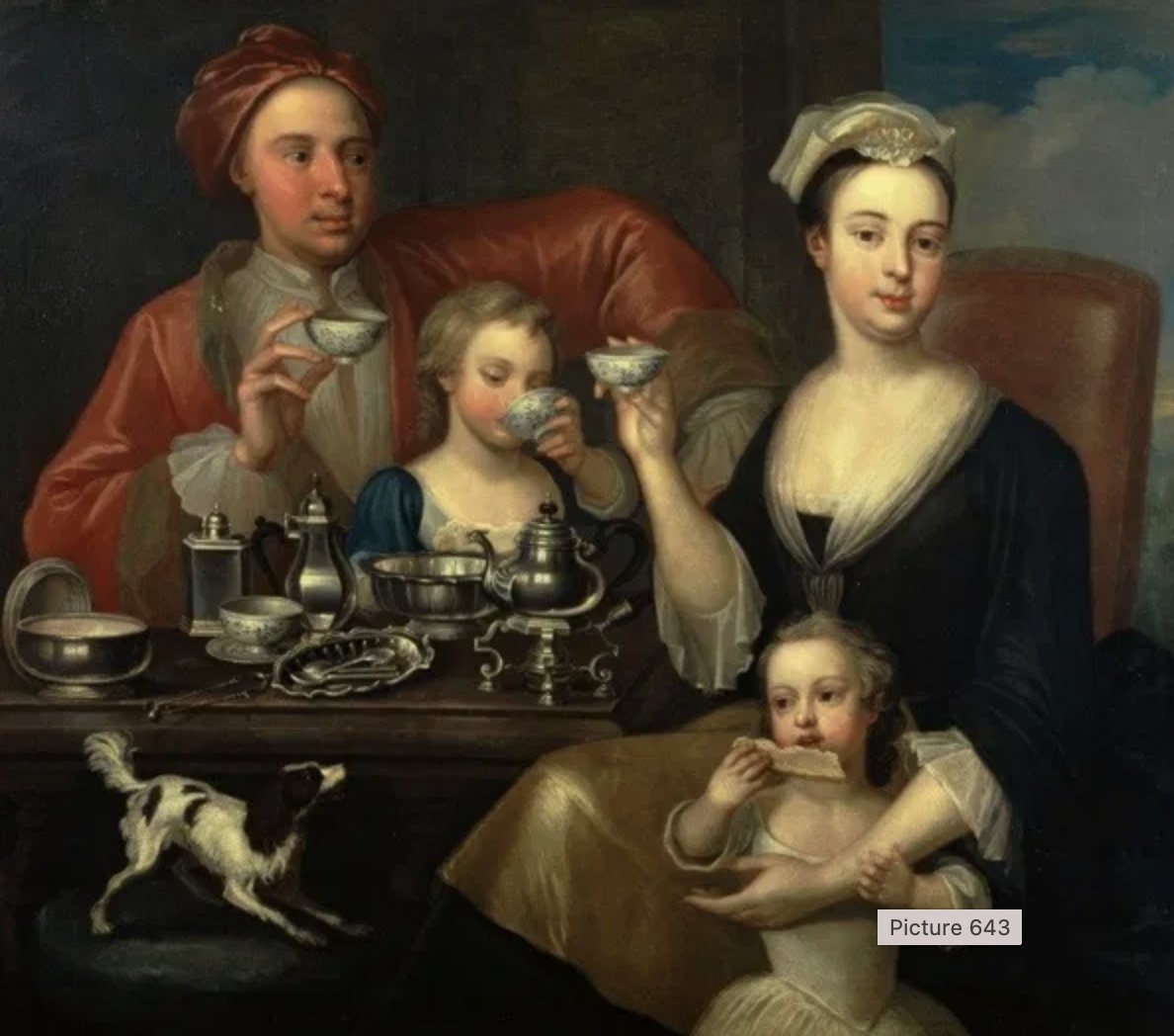
Voting turnout in the UK has declined from the 80% numbers of early 1950s, but still exceeds US levels: 67% of those eligible in 2019.
Of the 22 elections from 1945, the Conservatives won the most votes in 13.
Why do Republicans assume they'll be uncompetitive if more vote here?
Of the 22 elections from 1945, the Conservatives won the most votes in 13.
Why do Republicans assume they'll be uncompetitive if more vote here?
Voting turnout is even higher in Germany than UK, mid 70%s of those eligible. Of the 19 elections beginning 1949, the conservative coalition won the most votes in 16.
So why do Republicans assume they'll be uncompetitive if more vote here?
So why do Republicans assume they'll be uncompetitive if more vote here?
Right-of-center parties have dominated since 1945 in other peer democracies with high voting turnout: Japan, Italy, France, and Australia - the last with compulsory voting.
Canada offers something of an exception, in great part because of linguistic/regional politics. But in the province of Ontario, the biggest & richest in Canada, Conservatives have held power for 2/3 of the time since WW2.
Which is not to say that Mitch McConnell is wrong about the threat to present-day GOP from voting reform. The present day GOP's combination of plutocratic economics + extreme cultural reaction + environmental disregard probably *is* unsustainable under full democracy.
But it's not the Republican party as an institution that would be doomed by full democracy, only the careers of certain kinds of Republicans. That's a very different matter that is being misrepresented by present GOP leadership. END
Put this another way:
The operating assumption of the post-2010 GOP it can afford to alienate middle-class conservative-leaning homeowners in states like California, New Jersey ...
because it can use voter suppression to monopolize power in states like Georgia & S Carolina
The operating assumption of the post-2010 GOP it can afford to alienate middle-class conservative-leaning homeowners in states like California, New Jersey ...
because it can use voter suppression to monopolize power in states like Georgia & S Carolina
If full democracy makes Georgia and South Carolina competitive ... then the GOP has to resume competing in California and New Jersey.
And the effort do that latter thing would force uncomfortable hard work upon a party that no longer feels at home in the 21st c USA.
And the effort do that latter thing would force uncomfortable hard work upon a party that no longer feels at home in the 21st c USA.
• • •
Missing some Tweet in this thread? You can try to
force a refresh






